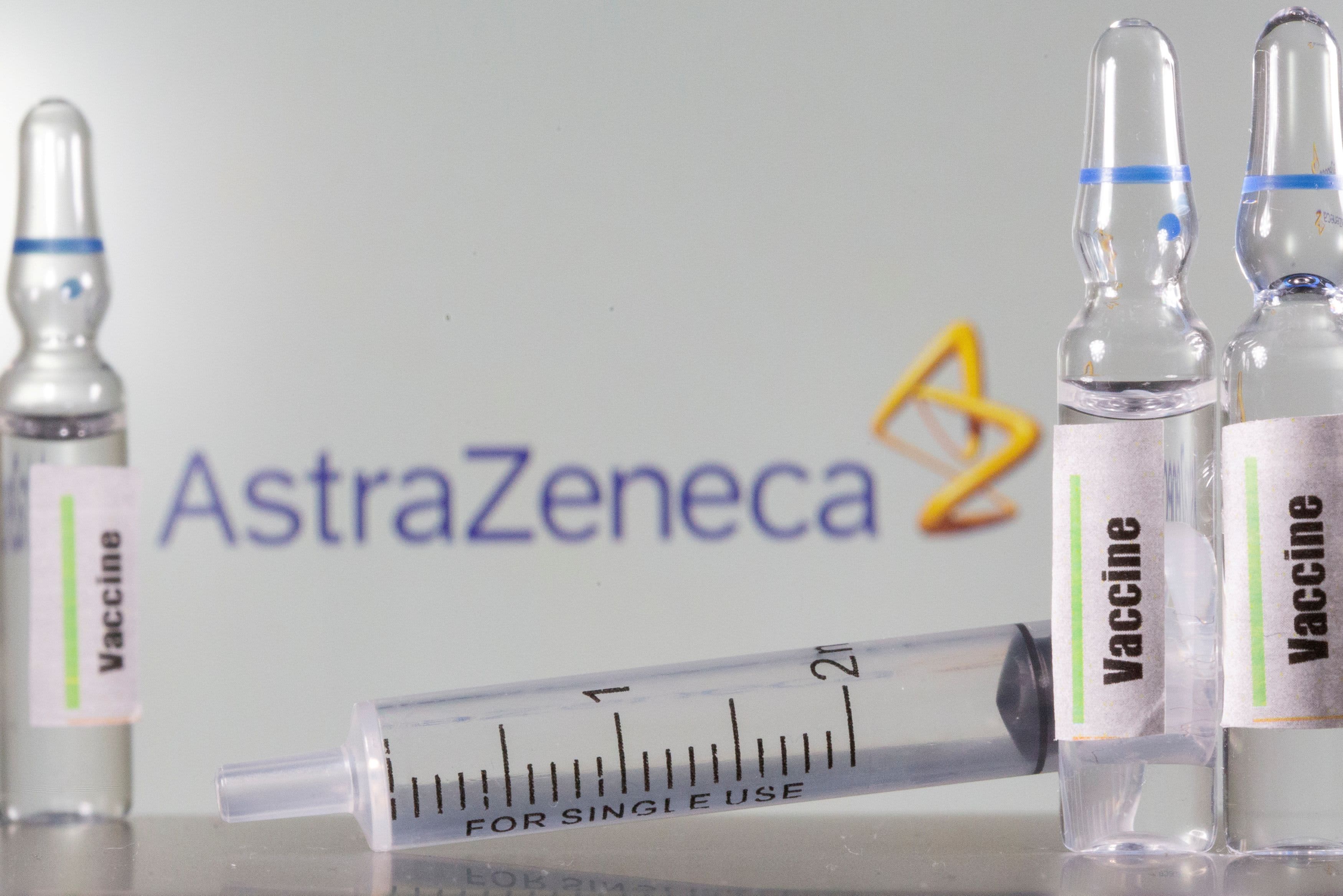
More information will be needed from AstraZeneca‘s coronavirus vaccine trials to identify the drug’s security and effectiveness following issues from professionals in the U.S., researchers from the University of Oxford and the World Health Company said on Friday.
” There’s always an issue in announcing scientific results by news release, and that is that you don’t have all the data out there and people aren’t able to actually look and consider the data appropriately,” Sir John Bell, the Regius professor of medication at Oxford University, told CNBC’s ” Closing Bell” on Friday.
Shares of AstraZeneca dipped this week after the business revealed interim arise from its coronavirus vaccine trials on Monday. The British pharmaceutical giant stated its vaccine, which it’s developing alongside Oxford, was 70%reliable after it integrated outcomes from 2 different dosing programs.
One smaller group of individuals, all under the age of 55, gotten an inadvertently lower dosage of the vaccine followed by a complete dose, and a larger group of individuals got 2 full doses of the vaccine. The vaccine was discovered to be 90?fective in the group that got the smaller sized dose while the larger group revealed only 62?ficiency.
Some U.S. professionals, including Moncef Slaoui, chief of the White Home’s Operation Warp Speed, said they were concerned about the varying ages between the two groups. Amidst those issues, Pascal Soriot, CEO of AstraZeneca, informed Bloomberg on Thursday that the business will likely start a brand-new research study to analyze the lower dose program.
” The complete information will be published in the medical journal so individuals can analyze it. Taking snippets of data is not a helpful way to make an analysis of what’s in fact going on,” Bell informed CNBC on Friday.
Other British federal government ministers and professionals have actually also backed AstraZeneca’s vaccine, keeping in mind that drug regulators who have more information on the vaccine’s late-stage clinical trials will eventually have the final say. Britain asked its medication regulator on Friday to evaluate the vaccine for a temporary supply, which suggests the vaccine might be dispersed in the nation before the end of the year.
That procedure might take longer in the U.S., however, amidst current issues. Bell told CNBC that he predicts the U.K. might be “substantially vaccinated” by spring of next year.
Kate O’Brien, director of immunization, vaccines and biologicals at the WHO, concurred with Bell throughout the organization’s press rundown earlier on Friday, stating that there’s only a “limited quantity that can be stated in a press release” which more info, including how well the vaccine constructs an immune reaction, is required.
” It’s hard to weigh in on this,” O’Brien stated from the WHO’s Geneva headquarters. “From what we comprehend about the press release, there is definitely something fascinating that has actually been observed, however there are lots of reasons that could underlie the differences that were observed.”
Dr. Soumya Swaminathan, WHO’s chief researcher, concurred and stated AstraZeneca’s trial figures “are still too small to really pertain to any conclusive conclusions.” Less than 3,000 trial individuals remained in the group that was given the smaller dose of the company’s vaccine compared with more than 8,000 in the larger group.
” If we are to explore this hypothesis of having perhaps a much better effectiveness with the lower dose, then it would need a trial,” Swaminathan stated.
— CNBC’s Matt Clinch and Natasha Turak contributed to this report.
No comments:
Post a Comment